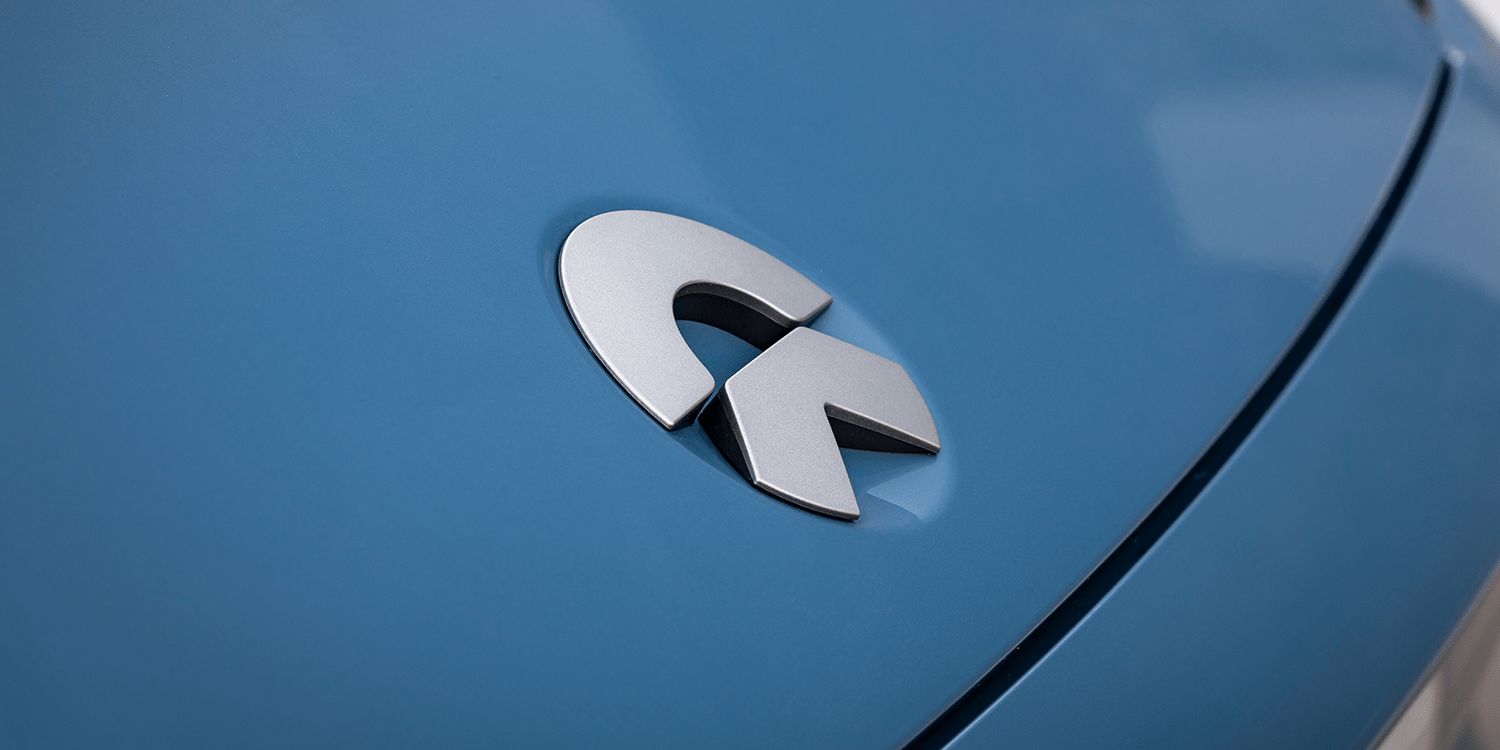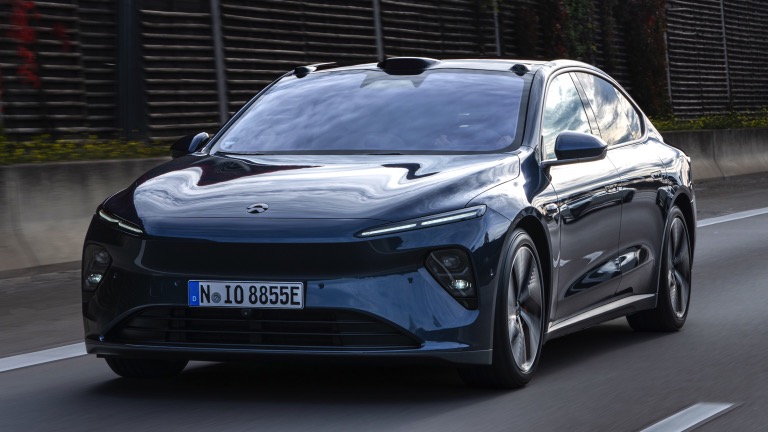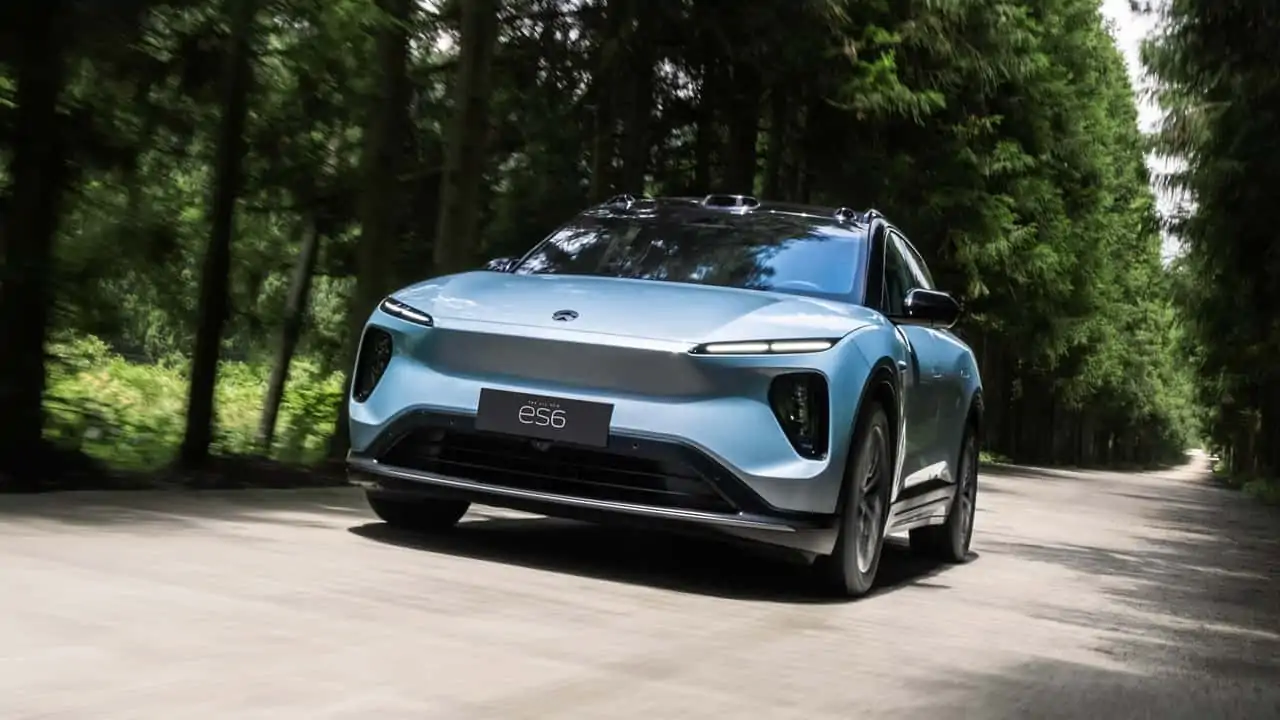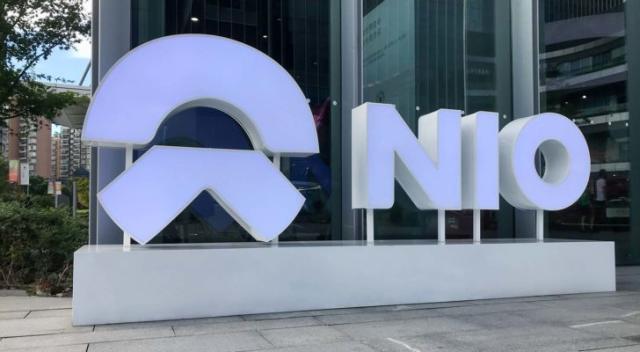Leading Chinese electric vehicle (EV) manufacturer Nio has taken the wraps off an extensive organizational overhaul, releasing details of a comprehensive business optimization strategy. This strategic move entails trimming approximately 10 percent of its workforce. The company aims to streamline its operations, primarily affecting thousands of employees, according to a report from local media outlet 36kr.
While the restructuring will touch various facets of Nio’s business, the magnitude of workforce reductions will differ across departments. The battery and phone businesses are anticipated to undergo the most significant adjustments, as disclosed by sources familiar with the matter quoted in the report.
This shift within the company has been in the making for some time, with hints dating back to September, as per 36kr’s insider sources. Nio has not widely shared the specifics of its plans, but on November 1, the company conducted an extended half-day meeting at its Shanghai headquarters. During the meeting, the human resources department began to communicate the initial round of layoffs to certain employees, the report stated.
Over the past couple of years, Nio has rapidly expanded its horizons by embarking on new ventures, encompassing batteries, chips, smartphones, as well as second and third brands. In parallel, Nio broadened its original businesses, focusing on areas related to intelligence, energy, and user experience, resulting in a more than doubling of its staff size over the same period. This exponential growth propelled Nio to become a formidable force in the Chinese automotive landscape, as highlighted in the 36kr report.
However, the company’s financial performance has struggled to keep pace with its expanding scale. Nio’s cash and equivalents have been dwindling, shedding over 6 billion yuan in value every quarter since the latter half of the previous year, as emphasized in the report.
According to Nio’s second-quarter earnings report, which was released on August 29, the balance of cash and cash equivalents, restricted cash, short-term investments, and long-term time deposits stood at RMB 31.5 billion as of June 30, down RMB 6.3 billion from RMB 37.8 billion at the end of the first quarter. Notably, Nio has not yet confirmed the release date for its third-quarter earnings report.
The second quarter also witnessed a 14.79 percent year-on-year drop in revenue, plunging 17.86 percent from the first quarter. Furthermore, Nio’s gross margin contracted to a mere 1.0 percent during the second quarter, a stark decline from 13.0 percent the previous year and 1.5 percent in the first quarter.
In response to these challenges, Nio’s management conveyed its commitment to focus on the execution of their sales strategy, aiming for a steady increase in deliveries. They also pledged to optimize the company’s cost structure and enhance operational efficiency, as underscored in an analyst call on August 29.
During the first-quarter earnings call in June, Nio’s management expressed a cautious approach to cash management and indicated their intention to defer investments in certain fixed assets for the year. As Nio embarks on this comprehensive restructuring, the company is poised to make strategic shifts, aiming to navigate the evolving EV landscape with resilience and adaptability.





